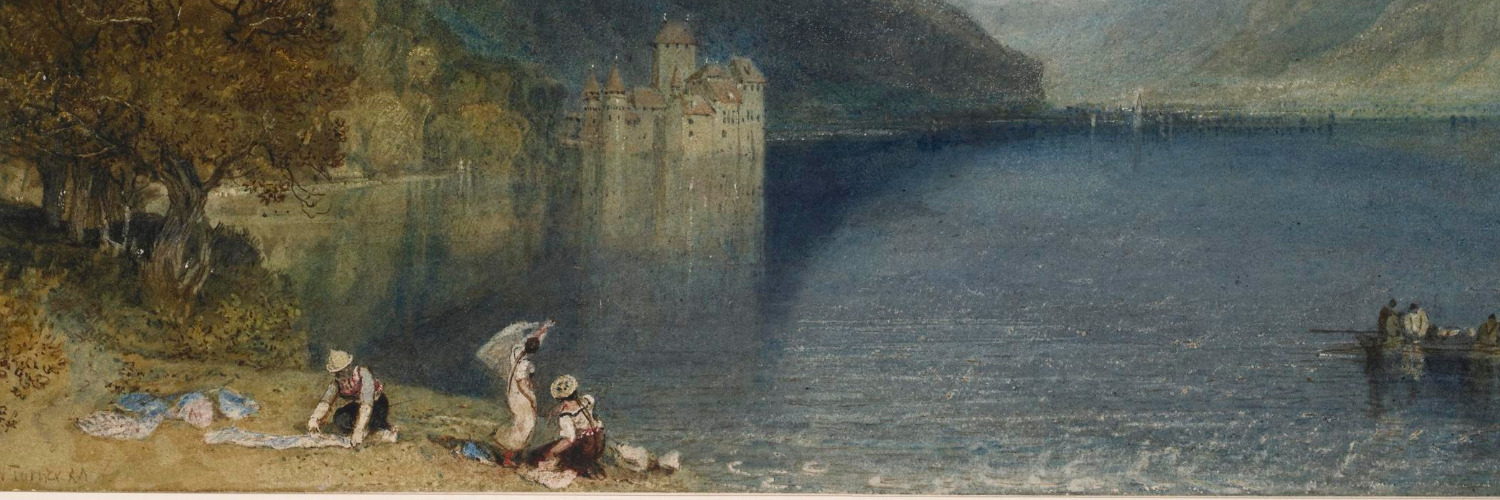But I now realize that the reason I fell in love with those poems was because I fell in love with my teacher of those poems, D.J. Hughes, and those were his two favorite poems. He taught them with so much energy and enthusiasm and insight that I just became fascinated by Percy Shelley’s—way before the moment we had the language for it—deconstructive concept of language: how language creates the universe and creates its own next sentence: the infinite deferral of language. So, that’s what made me into a philosophy major. I got into thinking about all sorts of epistemological and ontological issues through Percy Shelley. So I actually owe my career to Percy Shelley.
RE: And I wonder too, from my perspective of you, [that] you are a political idealist in a lot of ways, [AM: Oh yeah.] and that’s clear from reading what you’ve written over the years. There is an aspect of [Shelley’s] Prometheus Unbound in your writing—it is so utopian—the difference is that you aren’t content with a retreat to the cave in the end.
AM: No, and I’m also not content with the unborn soul and the return to the originary chaos of Act IV of Prometheus Unbound. I want to see actual social improvement on the ground in the world in which we actually live, not withdrawing into a cave either. And also, the more I worked on Mary Shelley, the more critical I became of Percy Shelley’s concept of gender and sexual relations, as well as of his personal biographical behavior to his wife and children.
RE: How were you taught Epipsychidion? You taught me the poem.
AM: I was passing on the way I had been taught. D. J. Hughes was a poet himself [and] completely identified with Percy Shelley, so he read it as a great celebration of the power of metaphor. He has a wonderful article on coherence and collapse in “Epipsychidion” and so it was always how a metaphor generates another metaphor. Metaphor is never adequate unto itself. It really led me to the whole concept of Romantic Irony, which I got through Frederick Schlegel as well, but when I started thinking about it in relation to Epipsychidion, that there is no stability in language finally but it is just the poet who creates the world, but then also undercuts it by creating another metaphor. So, that was the way I was originally reading Epipsychidion and Prometheus Unbound and finally Romantic Irony as such.
Going back to Epipsychidion, its that sister-spouse incest metaphor that now fascinates me because I think one of the things that’s going on there, is, if you think about incest as a primary Romantic trope, and think of it as the trope that is the dark underbelly of the overt political utopian thinking. When you have a celebration of hierarchy and patriarchy then the dark underside of that, of course, is father/daughter incest and Mary Shelley explores that and Percy Shelley explores that in The Cenci.
But if you move to democracy as your alternative to patriarchy [and] to monarchy then the dark underside becomes—if everyone is created equal, if brothers and sisters are equal, we’re having liberty, equality, fraternity—then the dark underside becomes brother-sister incest; that the brother can only love Mary, the woman who is just like him. This is Manfred [too], the narcissist projection of the self as the one who completes the self. And this is also Percy Shelley in the essay on love: the prototype finding its antitype. And this is where Epipsychidion ends, [with the] sister-spouse. So finally, all of those metaphorical accumulations come back to this narcissistic projection of the primary self.

